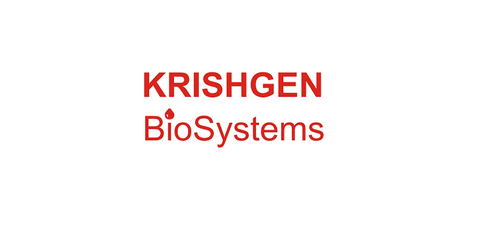Product Description
Mouse Activin B (ACV-B) ELISA Kit | AE23705MO | Abebio
Species Reactivity: Mouse (Mus musculus)
Abbreviation: ACV-B
Alternative Name: N/A
Application: ELISA
Range: 6.25-400 pg/mL
Sensitivity: 1.56 pg/mL
Intra-Assay: ≤4.6%
Inter-Assay: ≤8.3%
Recovery: 1, 01
Sample Type: Serum, Plasma, Other biological fluids
Detection Method: Sandwich
Analysis Method : Quantitive
Test Principale: This assay employs a two-site sandwich ELISA to quantitate ACV-B in samples. An antibody specific for ACV-B has been pre-coated onto a microplate. Standards and samples are pipetted into the wells and anyACV-B present is bound by the immobilized antibody. After removing any unbound substances, a biotin-conjugated antibody specific for ACV-B is added to the wells. After washing, Streptavidin conjugated Horseradish Peroxidase (HRP) is added to the wells. Following a wash to remove any unbound avidin-enzyme reagent, a substrate solution is added to the wells and color develops in proportion to the amount of ACV-B bound in the initial step. The color development is stopped and the intensity of the color is measured.
Product Overview: Activin B (beta B beta B) may function as an autocrine modulator of basal FSH secretion and expression based on the previous observation that beta B is expressed within gonadotropes. The incubation of cultured rat anterior pituitary cells with a m mouse monoclonal antibody specific for the activin B homodimer (MAb-activin B) significantly attenuated the basal secretion of FSH in a concentration- and time-dependent manner, without influencing LH secretion. Moreover, MAb-activin B selectively inhibited FSH beta mRNA accumulation without affecting either LH beta or alpha subunit mRNAs. The secretion of activin B by the gonadotropes of the anterior pituitary may serve as an autocrine signal in the selective modulation of FSH expression and secretion. Furthermore, the inhibitory actions of inhibins and follistatins on gonadotropes may, in part, be explained by their ability to interfere with the actions of endogenous activin B. Organism species: Homo sapiens (Human)
Stability: The stability of ELISA kit is determined by the loss rate of activity. The loss rate of this kit is less than 5% within the expiration date under appropriate storage condition. The loss rate was determined by accelerated thermal degradation test. Keep the kit at 37°C for 4 and 7 days, and compare O.D.values of the kit kept at 37°C with that of at recommended temperature. (referring from China Biological Products Standard, which was calculated by the Arrhenius equation. For ELISA kit, 4 days storage at 37°C can be considered as 6 months at 2 - 8°C, which means 7 days at 37°C equaling 12 months at 2 - 8°C) .
 Euro
Euro
 USD
USD
 British Pound
British Pound
 NULL
NULL








